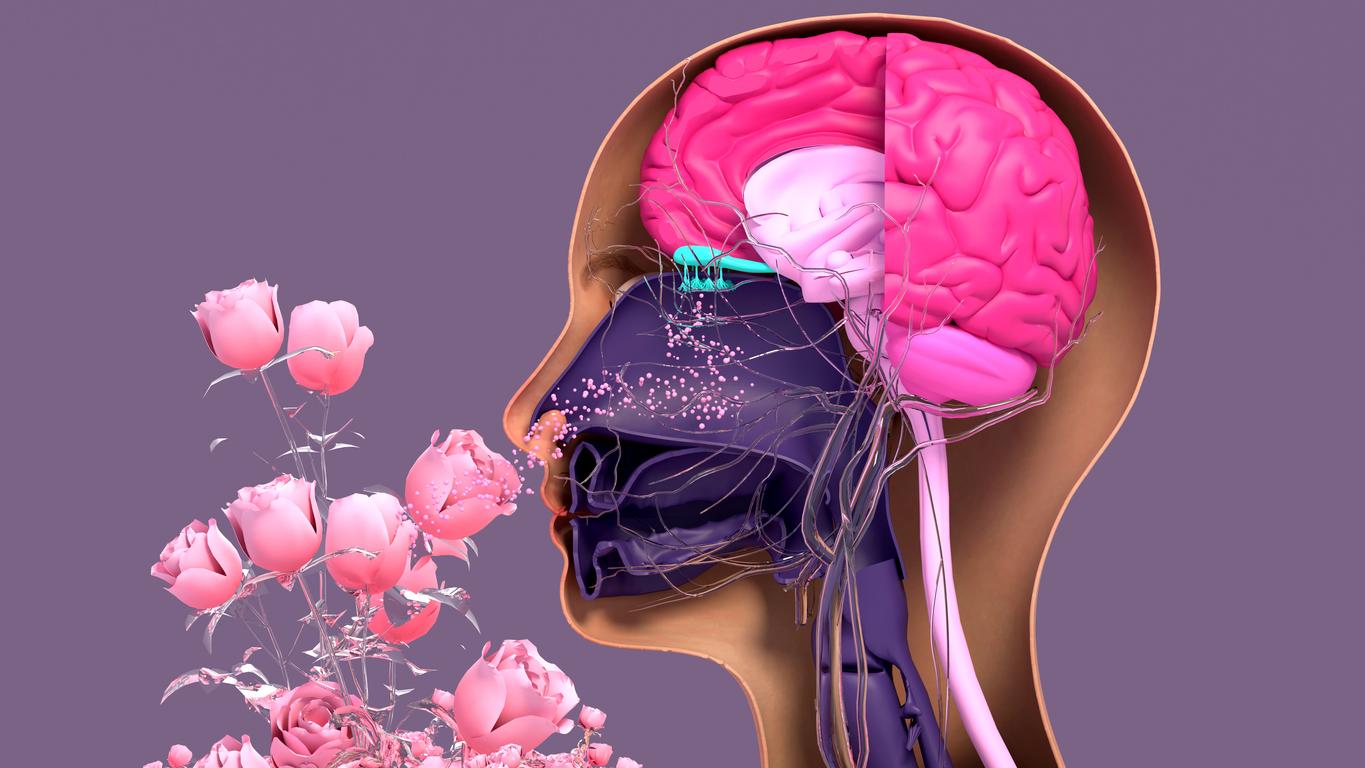A study by researchers at the University of Birmingham highlights the association between fatty liver disease and personality disorders, particularly those related to eating behavior.

- British researchers have noticed that patients with NAFLD – despite knowing the importance of a suitable diet and exercise in their care – frequently exhibit uncontrolled eating behaviors.
- By studying this phenomenon, they discovered that they are three times more likely to have a personality disorder, including eating behavior.
- For the team, it is necessary to quickly detect and treat personality disorders in patients affected by fatty liver disease so that their treatment is successful.
It is estimated that around 200,000 people in France suffer from fatty liver disease. non-alcoholic (NAFLD). Also called fatty liver disease, it is characterized by an accumulation of fats in the liver which can lead to inflammation and then cirrhosis. However, these would not be the only problems that patients could present with. Researchers at the University of Birmingham reveal they are also more likely to have a personality disorder, including eating disorders.
Their discovery was presented in the journal BMC Gastroenterology in September 2023.
A link discovered between mental health and fatty liver disease
To assess the links between mental health and fatty liver disease, scientists interviewed 96 participants, divided into three groups: patients with NAFLDvolunteers affected by other liver diseases and healthy controls. The results of the analysis show that people suffering from fatty liver disease non-alcoholic (NAFLD) are about three times more likely to have a personality disorder, including eating disorders.
Dr. Jonathan Catling from the University of Birmingham, co-author of the study explains in a press release: “find an increased prevalence of personality disorders in patients with NAFLD is particularly striking. This means that it is not a problem associated with all liver diseases, but only those with NAFLD“.
NAFLD: lack of follow-up of recommendations linked to personality disorders
Researchers believe that the link between personality disorders and NAFLD could explain the difficulties encountered by patients in following the diets and physical exercises recommended by doctors to slow down the pathology.
Work has shown that these patients are more likely to have a high external locus of control. This means that they tend to perceive events in their lives as being beyond their control and have difficulty following the instructions regarding their lifestyle given by the doctor. For the team, this observation highlights the importance of comprehensive care. She asks that patients with NAFLD are screened for personality disorders and treated if they have them, before implementing the necessary lifestyle changes.
The Dr. Catling added : “Our findings suggest an urgent need to examine attitudes toward diet and exercise so that we can better understand how to motivate patients with NAFLD and provide more effective treatment to prevent disease recurrence after liver transplantation.”
















